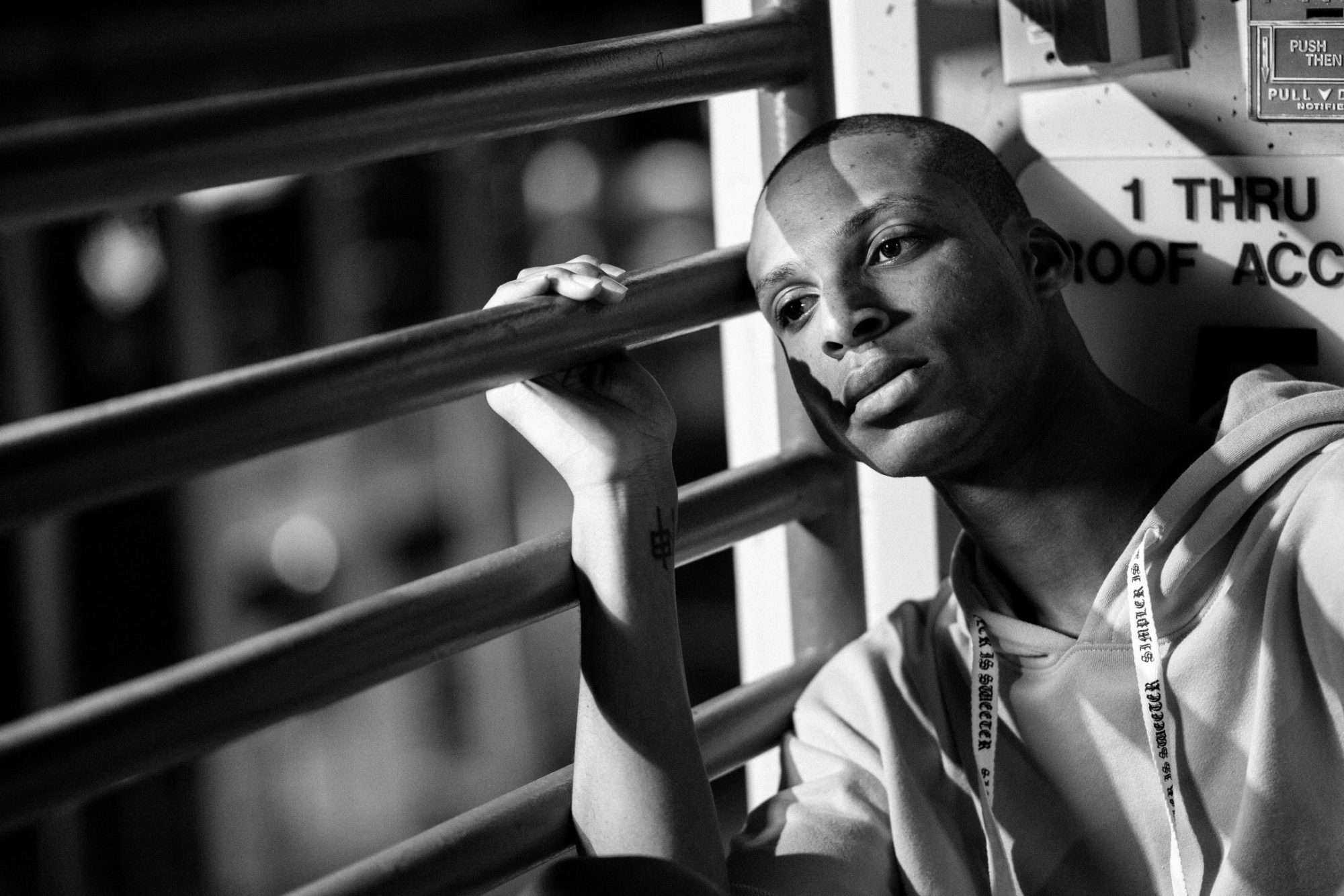on
BY SIMONE J. SMITH
It’s no secret; just take a look around. Think about the discussions you have had with people, the stories that you have been hearing. The past few years have had a devastating effect on people’s mental health. But what Canada is facing today is an unprecedented mental health crisis that is affecting large swathes of our population, including our children.
One of the main causes of mental distress in children and teenagers is their prolonged exposure to social media. Many people in today’s world live with their smartphones as virtual companions. At its core, social media is a powerful communication tool that has changed how individuals interact with one another. It speeds up how people exchange and share information, thoughts, and ideas across different networks. Research continues to show that social media does have downsides. Some evidence suggests that its use — in particular, its overuse — can negatively affect mental health in numerous ways. The problem is reaching such alarming proportions.
Ironically, given the very name of it, spending excessive time on social media can actually lead to isolation and loneliness. The latest research also shows it can exacerbate existing mental health problems like depression and anxiety. Young adults are especially susceptible to these negative effects. A 2019 study found that young people who consume social media for more than three hours have higher risk of mental health problems. Devastatingly, a 2015 Common Sense survey found that teenagers may spend as much as nine hours each day online.
With all that said, there’s no wonder why this epidemic is only getting worse year after year. Canadians of all ages have been coping with increased pressure and a faster way of living. For many, the pandemic was the trigger. Others have seen their finances being turned upside down by recent stock market volatility. Millions have lost their jobs, and current economic problems have only added to the pressure. Meanwhile, our young people have been mentally struggling at rates we have never seen before, and social media is a big contributor to that.
The fact that medical assistance is inaccessible for millions of people that truly need it only aggravates people’s personal mental health issues and makes illnesses persist for longer than they would if patients were getting proper treatment.
An Angus Reid report (September 2022) showed Canadians say they have less confidence and more difficulty accessing health care than Americans. Two-in-five Canadians (41%) – approximately 12.8 million adults – say they either had a difficult time accessing or were totally unable to access one of five key health services: non-emergency care, emergency care, surgery, diagnostic testing, and specialist appointments.
Americans are much less likely to say they encountered barriers to accessing those services, despite near-identical levels of the population seeking this type of care – 70% in the United States and 74% in Canada.
Experts say mental health-care systems have been struggling with a jump in demand since the COVID-19 pandemic started. Many Canadians looking for mental health services today are faced with long wait times and a limited number of affordable options, they say, both of which can act as barriers to access.
According to data collected by the Canadian Institute for Health Information (CIHI), Canadians are waiting weeks in order to access on-going mental health counselling in their community. Based on data collected from April 1st, 2020, to March 31st, 2021, about half of Canadians waited 22 days on average, for their first scheduled mental health counselling session.
About 10% of Canadians waited nearly four months.
Hopelessness and despair continue to sweep through our society, but healing is still possible. If you’re struggling and feeling overwhelmed by painful and unbearable thoughts, know you don’t have to manage them alone. Human connection is known to reduce: anxiety, stress, and depression. Socializing helps us learn to navigate and cope with life’s challenges, can boost self-esteem, and can help us avoid loneliness while increasing joy and happiness.
There are online therapy options. If you visit Psychology Today, and type in, “Black Therapists in Ontario,” you will find a group of trained counsellors that can help you get through this. Even when times are tough, there’s still hope, and together, we are stronger indeed.
Stay in the loop with exclusive news, stories, and insights—delivered straight to your inbox. No fluff, just real content that matters. Sign up today!
We, as humans are guaranteed certain things in life: stressors, taxes, bills and death are the first thoughts that pop to mind. It is not uncommon that many people find a hard time dealing with these daily life stressors, and at times will find themselves losing control over their lives. Simone Jennifer Smith’s great passion is using the gifts that have been given to her, to help educate her clients on how to live meaningful lives. The Hear to Help Team consists of powerfully motivated individuals, who like Simone, see that there is a need in this world; a need for real connection. As the founder and Director of Hear 2 Help, Simone leads a team that goes out into the community day to day, servicing families with their educational, legal and mental health needs.Her dedication shows in her Toronto Caribbean newspaper articles, and in her role as a host on the TCN TV Network.













